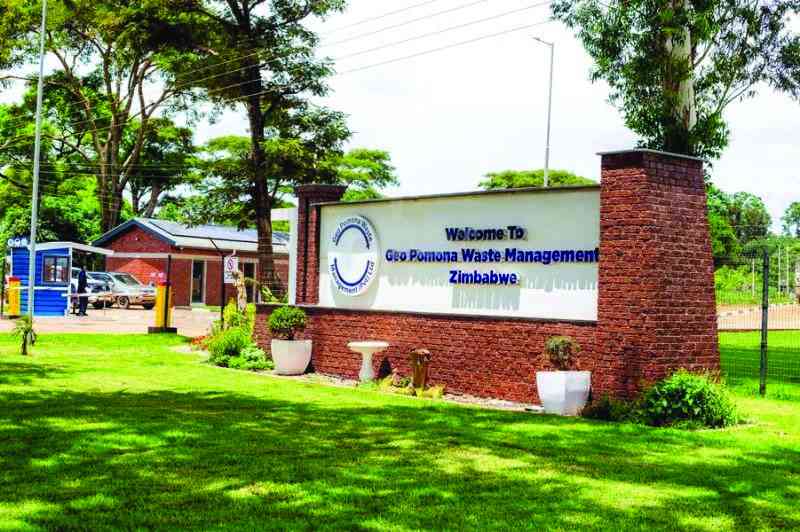
NATIONAL Railways of Zimbabwe (NRZ) general manager Respina Zinyanduko has called for the recapitalisation of the parastatal so that it plays its economic transformative role by providing cost-effective transport services for goods and passengers.
Zinyanduko told delegates at the National Economic Consultative Forum meeting in Victoria Falls last week that rail networks offer a cost-effective mode of transportation for goods and passengers compared to road transport.
She said compared to road transport, trains can handle large volumes of cargo on a single trip, reducing costs per unit.
“The NRZ mainline trains can handle a load of up to 2 400 tonnes or 44 wagons equivalent to over 50 trucks on road. This is beneficial to industries that need to transport bulk commodities or heavy goods, leading to potential cost savings for businesses concerned,” Zinyanduko said.
She said the major issue which had seen capacity deteriorating each year was the cost associated with railroad construction.
Zinyanduko said the cost of building a railway line ranges from US$1,5 million to US$2 million per kilometre depending on the terrain.
“Increase the rail capacity through public-private partnerships (PPP) arrangements by bringing in the private sector to partner NRZ.
“The railway network proved to be the most powerful driving force in opening up and development of the southern region of Africa.
- NRZ demands stiffer penalties
- Sadc railways commemorate safety week
- Interview: ‘Locomotive tourism’ back in style
- Another bailout deal beckons for NRZ…US$120 million on the table, says Mhona
Keep Reading
“Railways helped to lay the foundations of modern Zimbabwe. Going forward, NRZ requires new rolling stock, signalling system and rail track infrastructure upgrade.
“Rail network has long been a crucial component of transportation infrastructural development, offering numerous benefits to economies, societies and the environment,” she said.
Zinyanduko said nine companies had been engaged to partner the NRZ in refurbishing its wagons and locomotives.
She said the initiative will see an increased capacity for NRZ and possible reduction of trucks from Zimbabwe’s roads.







